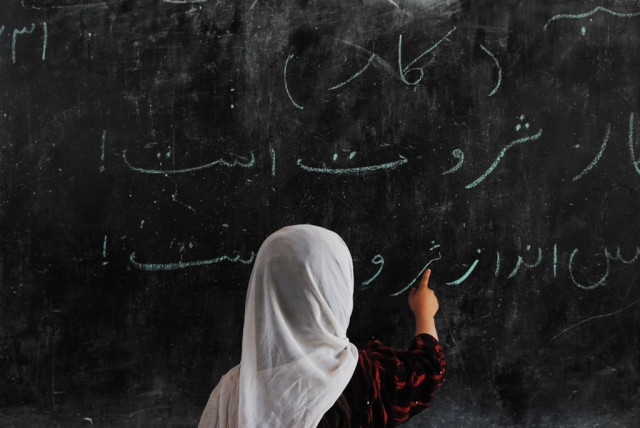No electricity at public schools
A strong check-and-balance system is needed to hold the education department responsible for each rupee allocated.

In a country where the standards of public schools are shamefully low, the fact that the government has not been able to provide even basic facilities, such as electricity, only makes the situation worse. PHOTO: AFP
In a country where the standards of public schools are shamefully low, the fact that the government has not been able to provide even basic facilities, such as electricity, only makes the situation worse. A joint committee has been set up to resolve this issue but there is reluctance on the part of the two parties to reach an agreement. However, this is merely a short-term solution to the problem, the government and the utility need to come up with a permanent solution so there is no interruption of services to facilities as important as schools.
It is commendable that the government allocated a significant amount to raise education standards in Sindh. What remains to be seen is whether or not the government releases the amount and how it is spent. There is a need for a strong check-and-balance system whereby the education department is held responsible for each rupee allocated. One way to make the department responsible is through public account committees, but the Sindh Assembly has yet to form one — even though it has been almost six months that the provincial assembly was formed. The government must set up this committee on an urgent basis to keep a check on corrupt officials.
Published in The Express Tribune, November 19th, 2013.
Like Opinion & Editorial on Facebook, follow @ETOpEd on Twitter to receive all updates on all our daily pieces.














COMMENTS
Comments are moderated and generally will be posted if they are on-topic and not abusive.
For more information, please see our Comments FAQ